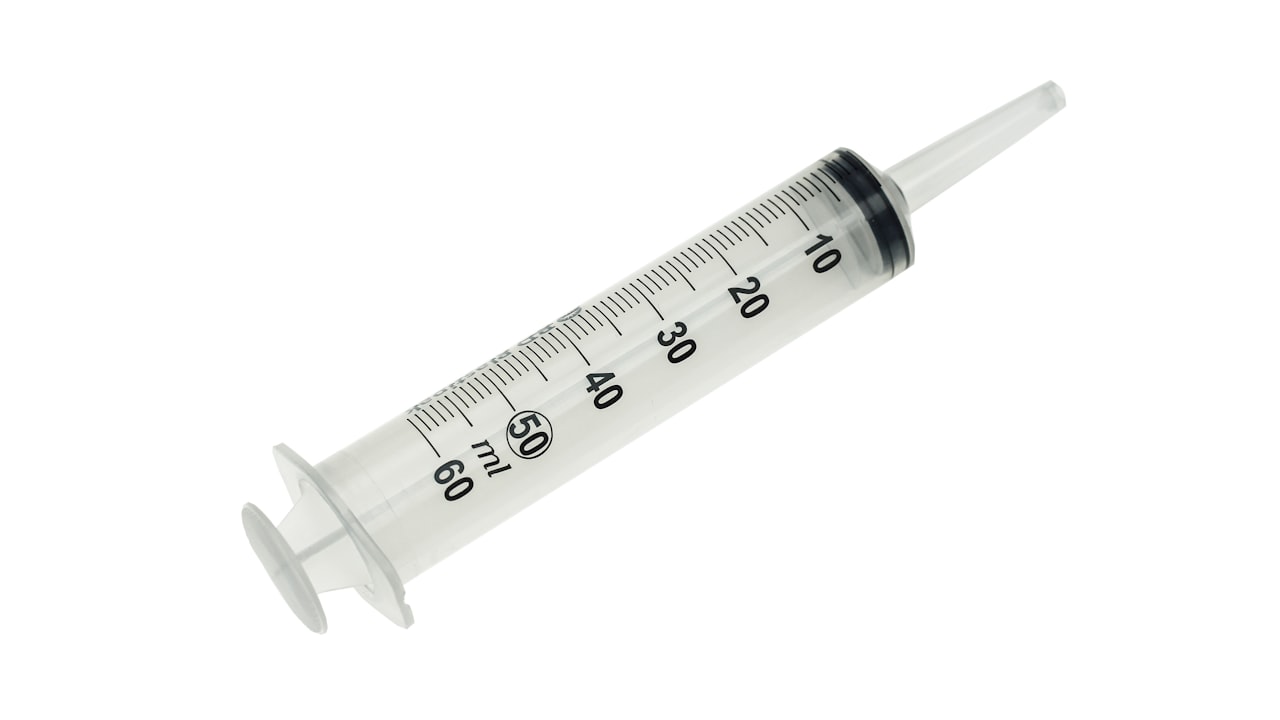Title: Advancements in Injection Moulds: Innovations and Applications
Injection moulds play a crucial role in the manufacturing industry, enabling the production of various products ranging from toys and electronics to automotive parts. In recent years, there have been significant advancements in injection mould technology, which have revolutionized the manufacturing process and improved product quality.
One key development in injection moulds is the use of advanced materials. Traditional moulds were typically made of steel or aluminum, but now, there are new materials such as carbon fiber-reinforced composites and high-performance alloys that offer better durability and precision. These materials not only extend the service life of the mould but also allow for more complex designs and tighter tolerances.
Another advancement is the integration of computer-aided design (CAD) and computer-aided manufacturing (CAM) technologies in the production of injection moulds. This digitalization of the manufacturing process allows for more accurate and efficient design iterations, reducing lead times and costs. Injection mould factories are now equipped with state-of-the-art software and machinery to create highly customized moulds tailored to the specific requirements of each client.
Furthermore, the rise of 3D printing has also impacted the injection mould industry. Prototyping has become faster and more cost-effective, allowing injection mould suppliers to test designs and make adjustments before mass production. Additive manufacturing techniques have opened up new possibilities for creating intricate and lightweight mould designs that were previously impossible with traditional methods.
In terms of applications, injection moulds are now used in a wide range of industries, including aerospace, medical, and consumer goods. The flexibility and versatility of injection moulding allow for the production of complex geometries and small details, making it ideal for manufacturing high-precision components.
Overall, the continuous advancements in injection mould technology are driving innovation and efficiency in the manufacturing sector. Injection mould suppliers and factories are embracing these changes to stay competitive and meet the evolving demands of the market. As technology continues to progress, we can expect further improvements in injection mould design, materials, and processes, shaping the future of manufacturing.

 Title: Design Innovation in Injection Molding Tooling: Advancing Manufacturing Technology
Title: Design Innovation in Injection Molding Tooling: Advancing Manufacturing Technology